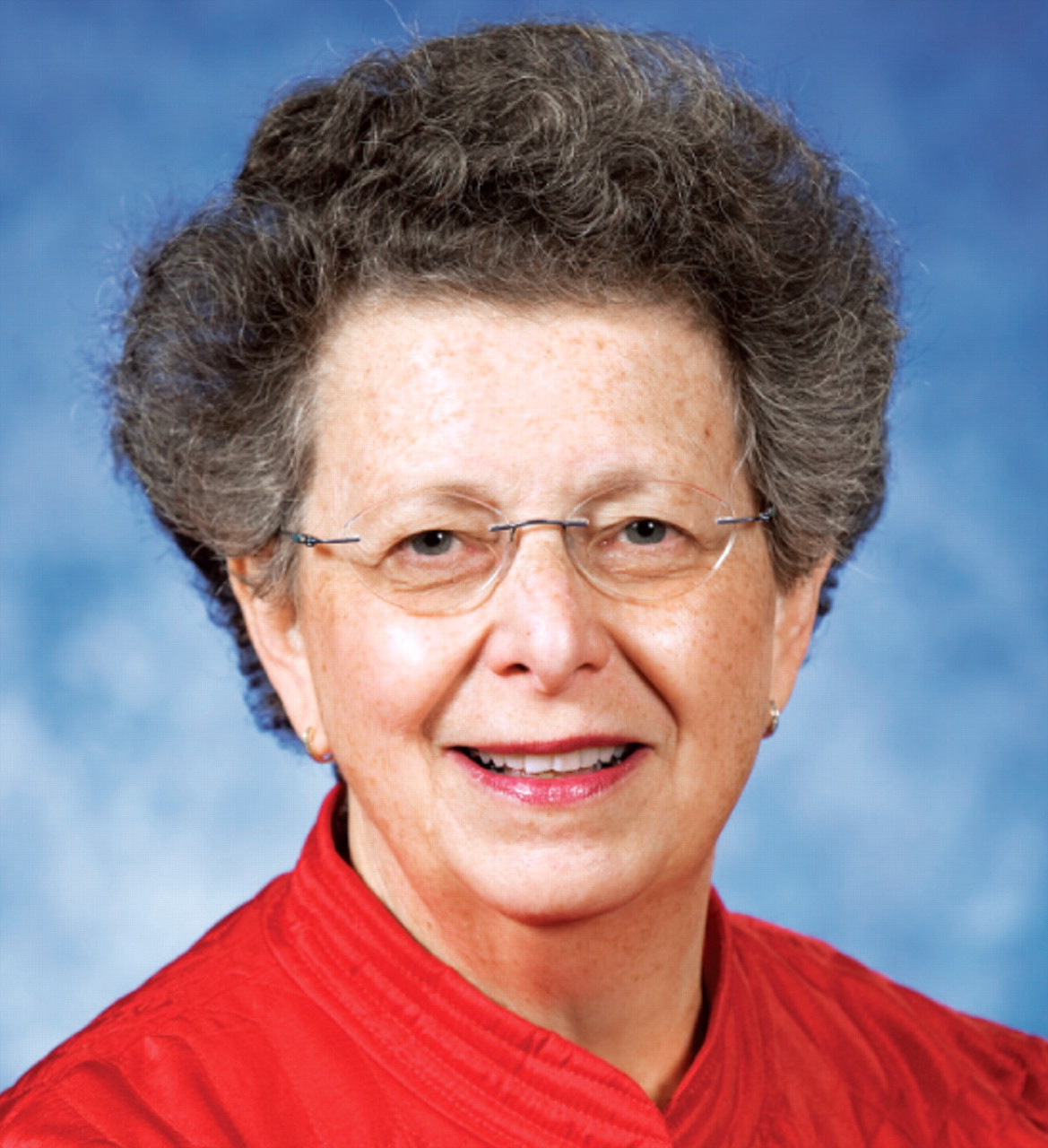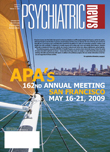It's been a tough year; you need to enjoy the APA annual meeting. I know you have to pay back student loans/put your kids through school/pay the mortgage/keep your job or your practice. But that's all the more reason to get educated, recharged, networked—and have a break from routine.
Our meeting is the biggest, most inclusive, most useful, and probably best value for the money in the world. You can get a year's worth of education. You can review the basics or venture into a new area of interest. You can hear and meet the colleagues whose work you read in books and journals. Don't get overwhelmed by the embarrassment of riches; cut the giant meeting down to size by following interest tracks. Look through this issue and select the sessions of most interest ahead of time. Then allow yourself the freedom to have coffee with a friend you run into or follow a friend who suggests a topic or speaker on the spot. You don't have to leave your family behind. Bring them along to enjoy the diverse neighborhoods, museums, boat rides, cable cars, and fresh seafood. Spend some quality time.
On Saturday afternoon, May 16, our American Psychiatric Foundation, in collaboration with the Department of Psychiatry at the University of California, San Francisco, will offer an educational session for the general public. That evening the foundation will hold its annual benefit at the San Francisco Ferry Building beginning at 7 p.m.
I have added some bells and whistles to the Opening Session on Sunday afternoon, May 17. Look for Chinese drummers and dancers to mark the occasion.
Presidential symposia on the afternoons of Monday, Tuesday, and Wednesday, May 18 to 20, will cover issues that are controversial, timely, and of particular interest to me. Dr. Gisele Apter from Paris will chair a session on psychiatric care within the health care systems of other countries. Dr. Gail Robinson will chair a symposium on male and female aspects of fertility. Dr. Carolyn Robinowitz has planned a session on the psychiatric needs and treatment of returning members of the military and their families. Dr. Sherry Katz-Bearnot's faculty will discuss “when the treatment fails the patient.” Those who remember the days of “flower children” and the Haight-Ashbury Free Clinic can learn what's happened with that pioneering project. Because we will be in San Francisco, and the beautiful Golden Gate Bridge is the world's most popular site for suicides, there will be both a presidential symposium and a lecture by experts on suicide. And Drs. Paul Appelbaum and Laura Roberts will report on their work considering the pros and cons of, and ways to handle, psychiatrists' relationships with the pharmaceutical industry.
We are introducing a new series of full-day courses, called the Clinical Knowledge and Skills Series, to inform the work you do every day. Learn from Dr. Jesse Wright about CBT; learn from Dr. Glen Gabbard about practical psychodynamic psychotherapy. Prepare for Part I of your psychiatry board exams with a full-day review. Watch residents compete in “MindGames.” There is something for everyone.
My husband and I have two daughters, one son-in-law, and three grandchildren in the Bay Area and know this unique city quite well. There are the Victorian houses with their creatively painted gingerbread trimmings. The steep hills provide both exercise and beautiful views over the bay, the Golden Gate Bridge, and even that (in)famous former prison on an island, Alcatraz. The Giants' baseball park is spectacularly situated right at the edge of San Francisco Bay; you need a boat to go after a ball that's hit out of the park. Children can learn science hands on at the California Academy of Science. You can shop within a few blocks of the Moscone Center at all the major stores or venture a little farther and explore boutiques of every kind. The markets in Chinatown and Japantown offer fruits and vegetables I had never seen. The weather is beautiful in May. Sit outside and have a cappuccino or visit Fisherman's Wharf, buy a dish of shrimp or crab from a sidewalk vendor, and stroll around.
So let me repeat what I said at the beginning. There is no field more fascinating than psychiatry. We are privileged to help suffering people maintain or recover their relationships, their jobs, and their joy. To do that, we share their pain. We wrack our brains. We advocate for them with government agencies and managed care companies. We all need and deserve time to refresh our knowledge, regain our zest, explore new areas, see old friends, breathe sea air, and eat some good meals. Don't miss the meeting. ▪

